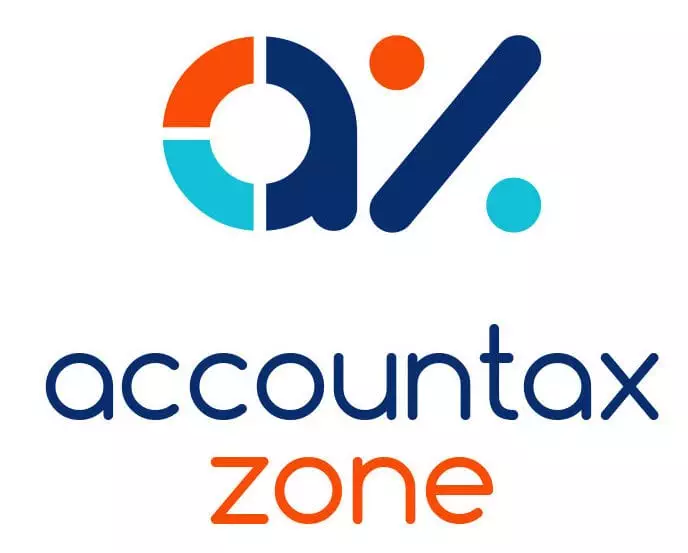As the days get shorter and the chill sets in, the Autumn Budget for 2024 has arrived! This year’s budget brings a variety of significant updates, from wage increases to tax reform and investment in green energy. Here’s a breakdown of the changes and how they might affect your income, investments, and financial planning.
What is the Autumn Budget?
The Autumn Budget 2024 is the Chancellor of the Exchequer’s annual announcement outlining the UK government’s economic priorities and spending plans for the coming year. It serves as a roadmap for tax adjustments, relief programs, and financial strategies aimed at supporting economic growth and providing public services.
Key Updates
- National Living Wage Increase
Starting from April 2025, the National Living Wage will increase from £11.44 to £12.21 per hour. This rise is set to bring welcome relief to workers across the UK, particularly as many households face mounting cost-of-living pressures. - National Insurance Changes
Employer National Insurance contributions will increase from 13.8% to 15% in April 2025. The threshold for employer contributions will also lower from £9,100 to £5,000. However, to help smaller businesses cope, the Employment Allowance will increase from £5,000 to £10,100. This additional support aims to ease the financial burden on small enterprises as they adjust to these changes. - Capital Gains Tax (CGT) Rate Adjustments
The basic rate for CGT will increase from 10% to 18%, while the higher rate will go from 20% to 24%. CGT on residential property remains unchanged. Business owners should note that the £1 million Business Asset Disposal Relief will continue to apply, though future rate increases are possible. These adjustments highlight the government’s focus on capturing a larger share of gains from investments, impacting the tax planning of many individuals. - Inheritance Tax (IHT) Updates
The IHT threshold is frozen at £325,000 until 2030, and from April 2027, inherited pensions will count towards IHT. Additionally, Business Property Relief and Agricultural Relief will only apply to 50% of asset values above £1 million starting in April 2026. This shift suggests that individuals may need to rethink their estate planning strategies as more assets become subject to inheritance tax. - Abolition of Non-Domicile (Non-Dom) Tax Status
In April 2025, the UK will end its non-dom tax regime, moving to a residency-based tax system. This change impacts individuals who previously benefited from non-dom status, as they will now face tax on foreign income. However, to encourage short-term immigration, new arrivals will benefit from a four-year exemption on foreign income and gains. This incentive will not apply to anyone who has been a UK tax resident in any of the past 10 consecutive years. Additionally, a Temporary Repatriating Facility is being introduced to offer reduced tax rates on income and gains made before the new rules. - Support for Affordable Housing
The government is investing £5 billion in affordable housing and regional development, with £3 billion in guarantees to support small builders. Local councils will receive increased funding to help speed up planning approvals, creating opportunities for small and medium-sized developers, particularly those focusing on public housing projects. - Green Energy and Sustainability Funding
The budget also allocates over £100 billion to green energy initiatives, including hydrogen and carbon capture projects. Additionally, a £3.4 billion Warm Homes Plan aims to retrofit 350,000 homes for improved energy efficiency. These investments are part of the UK’s strategy to become a leader in clean energy, presenting new project opportunities for construction firms focused on sustainable building and retrofitting. - Other Key Changes
- Fuel Duty remains frozen for another year, providing relief for drivers.
- Air Passenger Duty will rise for private jet travellers, reflecting a focus on generating revenue from luxury travel.
- Corporate Tax stays at 25%, with a roadmap for future changes expected soon.
- Stamp Duty Land Tax surcharge on second homes will increase to 5% starting October 31, 2024, impacting property investors.
- Tobacco Duty will increase in line with the Retail Price Index (RPI).
- Energy Profits Levy on energy firms will rise as part of the government’s effort to capture additional revenue from high-profit industries.
- VAT will now apply to private education from January 2025, and business rates relief will be phased out, impacting educational institutions and commercial property holders.
You might also like to read: Changes in Taxes and Benefits from Spring Budget 2024
Looking Ahead
With these sweeping changes, this year’s Autumn Budget will influence various aspects of financial planning, from personal tax strategies to business growth opportunities. Whether you’re a worker, an investor, or a business owner, these updates present both challenges and new possibilities. Stay tuned for further guidance, and remember, we’re here to help you navigate the impact of these changes on your finances.










